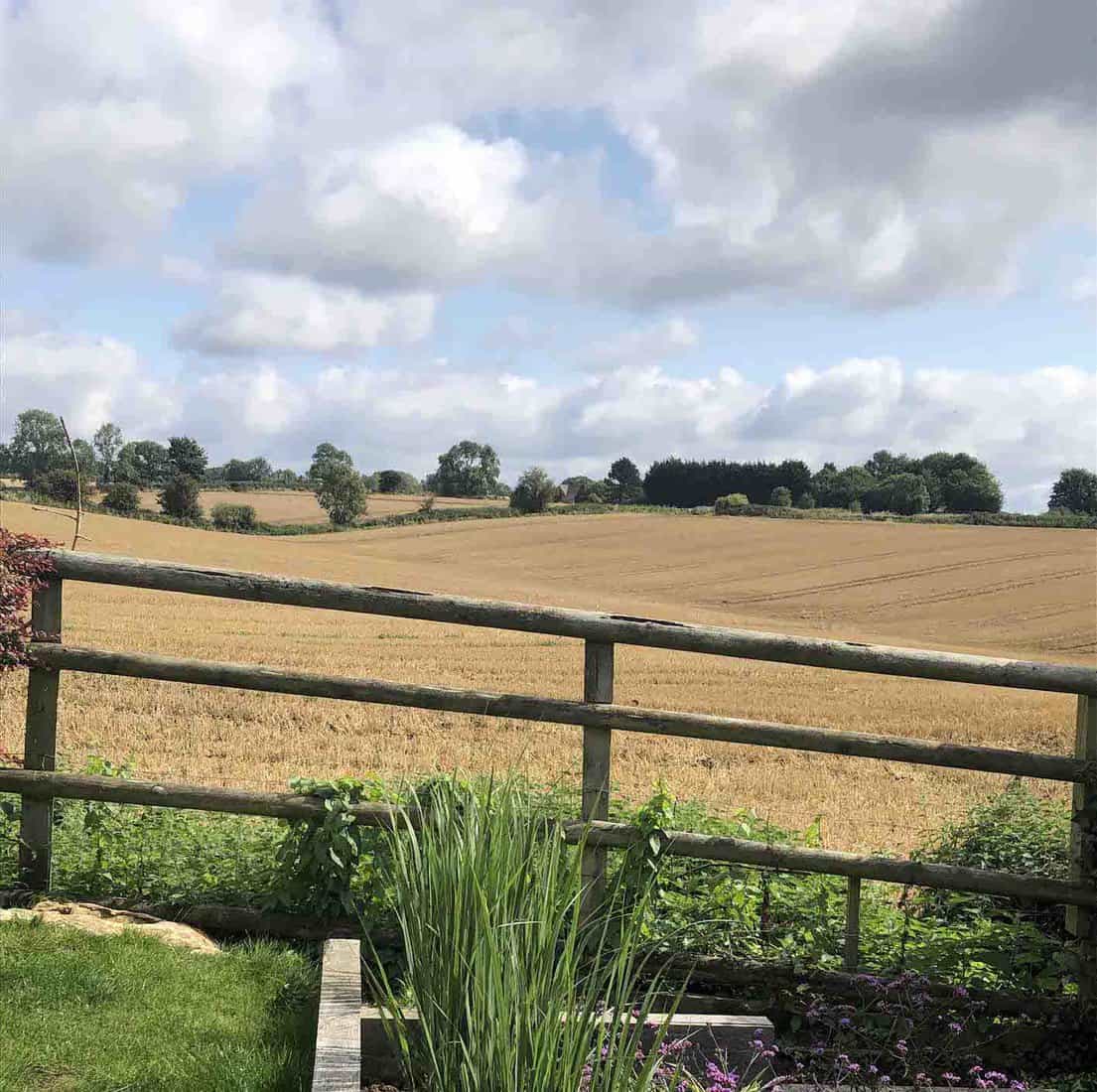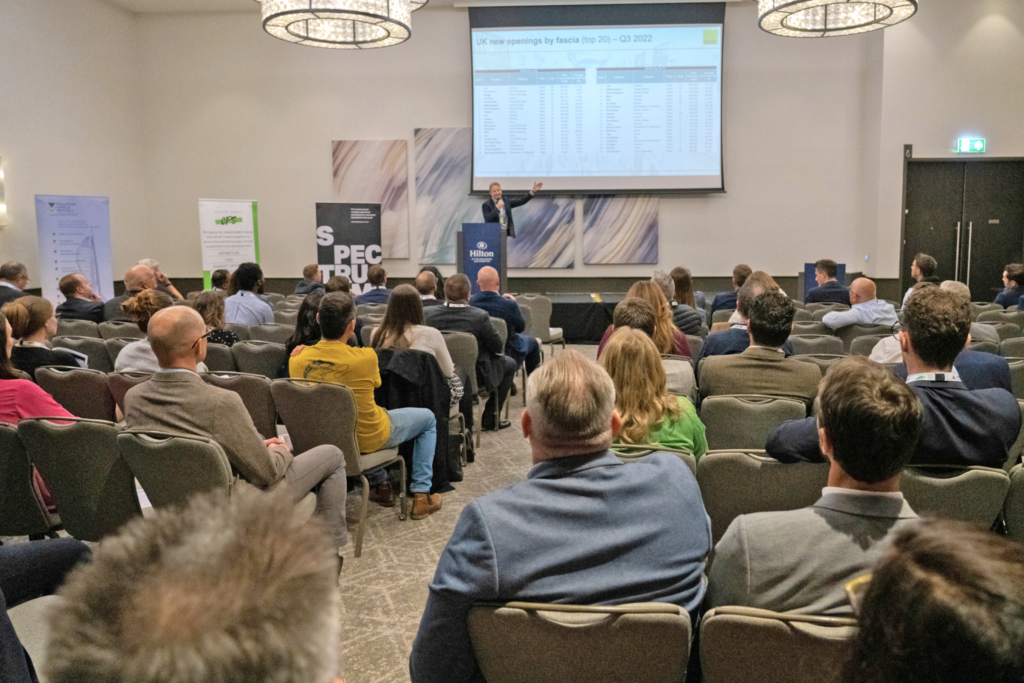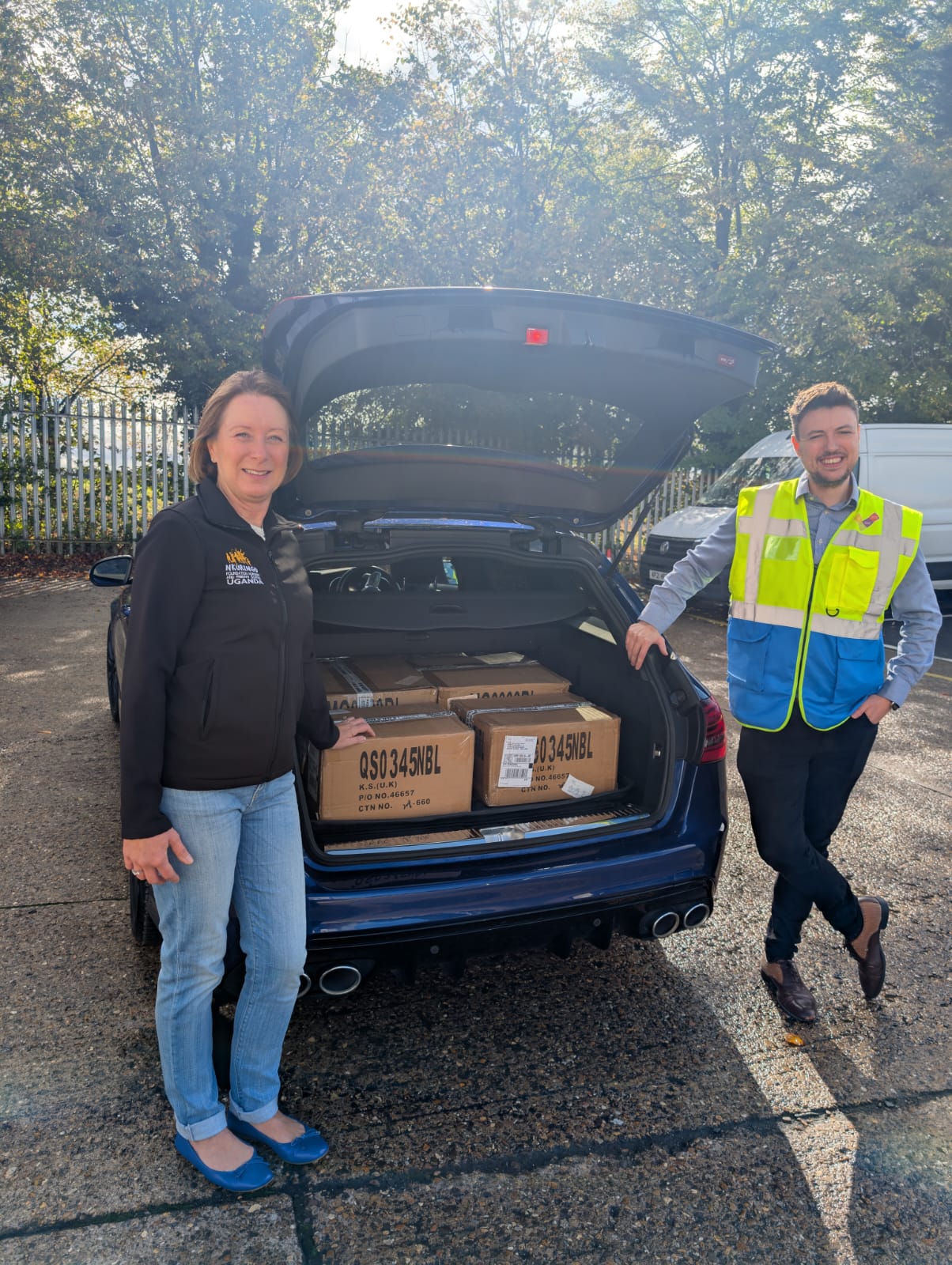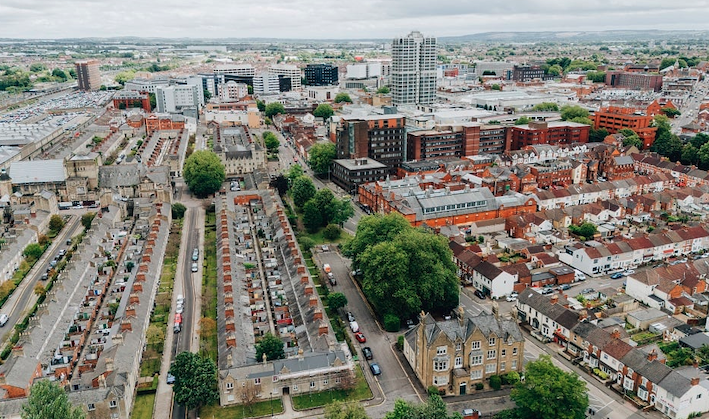UoG leading farming and food research in bid to help UK meet net zero targets

The University of Gloucestershire is leading a project to identify potential changes to what we eat and how we farm in the county to help the UK meet its net zero targets.
The Gloucestershire Food and Farming for Net Zero (Integrating Local Climate Policies) project has been awarded £30,000 in funding by UK Research and Innovation’s Agri-Food Net Zero Network+ to support the country's target to reduce greenhouse gas emissions by 2050. It will report in May next year.
READ MORE: EXCLUSIVE: Uni of Gloucestershire's new Vice Chancellor lays bare her ambitions
The university is working with the public sector and farmers on the initiative.
Dr Aimee Morse, who is leading it, noted that any transition must continue to "support jobs in the food and farming sector, and ensure people can access healthy, affordable food".
"Our new project will build on the strength of food and farming expertise, as well as our strength in collaboration," she said.
"It brings together a range of organisations to identify actions that local councils and their partners can take that will support positive changes in the food and farming industry, and people’s health and wellbeing, whilst ensuring the most efficient use of public money."
Experts from the university’s countryside and community research institute (CCRI) will work with the Gloucestershire food and farming partnership as well as climate leadership Gloucestershire (which comprises a number of bodies) on the initiative.
Cllr Mike McKeown, chair of climate leadership Gloucestershire, said: "Food, farming, and agriculture are vital not only to our economy but also to the environment, particularly in Gloucestershire, where these sectors hold the unique potential to absorb carbon.
"By collectively addressing the challenges and opportunities, we can drive positive, locally relevant, and sustainable changes that contribute to reaching net zero.
"For example, regenerative agriculture will be a key part of this transformation, helping to restore ecosystems while enhancing resilience to climate change."


















